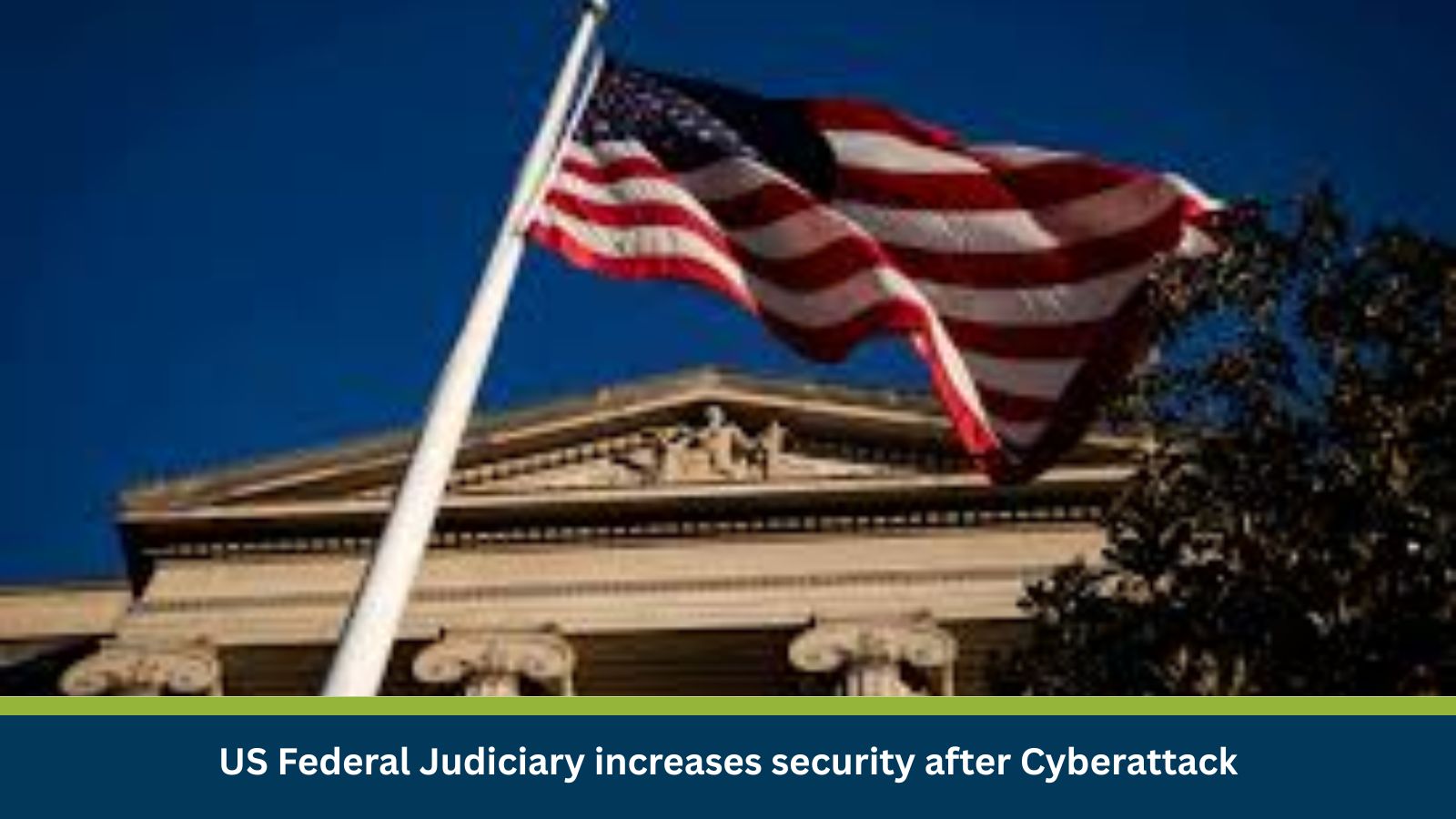What is Risk Analysis in context of Cyber / Technology?
Cyber/Technology risk assessments evaluate how breaches and system compromises impact business operations, data security, critical IT infrastructure, and regulatory compliance. They enable businesses to prepare for disruptions, mitigate operational risks, and ensure data integrity through timely intelligence.
Executive Summary
- Date of Incident: 12 August 2025
- Location: Washington, D.C., United States
- Risk Category: Cyber / Technology
- Severity Score: 4/5
- Confidence Level: 90%
A cyberattack targeting the US Federal Judiciary poses a significant, high-severity risk to national operations and data security. Based on historical incidents, the immediate operational disruption is likely to span 1-3 weeks, with the full recovery, investigative, and trust-rebuilding phases extending over 3-6 months. The primary impacts will be felt in legal proceedings, data integrity, and public confidence in the judicial system. This incident will necessitate a prolonged, heightened security posture and potential policy reforms.
Known Hotspots and Sensitive Areas
Sensitive areas include all federal courthouses and judicial administrative offices, particularly in Washington D.C., such as the Supreme Court Building (First Street NE), the E. Barrett Prettyman U.S. Courthouse (333 Constitution Ave NW), and the Thurgood Marshall Federal Judiciary Building (One Columbus Circle NE).
Impact on Transportation and Services
- Communications & IT: The primary impact is on all IT infrastructure and communication channels within the federal judiciary, necessitating extensive remediation and system hardening.
- Asset Security: There is a direct and severe impact on digital assets, including sensitive legal data, intellectual property, and critical operational systems.
- Regulatory & Legal: A direct impact on the federal legal framework itself is possible, potentially leading to new cybersecurity disclosure rules, increased oversight, and legal challenges.
- Business Operations: Judicial operations, including case filings, legal research, and court proceedings, are highly reliant on IT systems, making them vulnerable to significant disruption.
- Social Cohesion: There is a risk of erosion of public trust in government institutions and the justice system, especially if sensitive data is widely exposed.
Recommended Actions
- Implement Multi-Factor Authentication (MFA): Immediately implement MFA across all employee accounts and critical systems, especially those accessing federal or legal platforms. Conduct a rapid audit of network perimeters for unpatched vulnerabilities.
- Activate & Test Incident Response Plan: Activate and test your organization’s cyber incident response plan (CIRP) through tabletop exercises. Focus on data exfiltration, system lockout, and disruption of legal/regulatory processes.
- Strengthen Vendor Risk Management: Verify the cybersecurity postures of all third-party vendors, particularly those providing services or data that interact with federal agencies or judicial systems.
- Develop Communication Protocols: Develop and pre-approve clear communication protocols for potential data breaches or operational disruptions. This includes templates for notifying customers, partners, and relevant regulatory bodies.
- Isolate & Back Up Critical Data: Isolate and back up all critical operational data and intellectual property to secure, off-network storage locations. Implement network segmentation to contain potential breaches.
Emergency Contacts
- Police: 911, or contact local police departments for non-emergencies
- Fire Department: 911
- Ambulance: 911
- National Emergency: 911
- Official Channels:
- Cybersecurity & Infrastructure Security Agency (CISA): +1-844-SOS-CISA (+1-844-767-2472)
- Federal Bureau of Investigation (FBI): +1-202-324-3000
Final Thoughts
The baseline scenario anticipates the attack is largely contained, with minor service disruptions and an internal investigation. A moderate escalation could lead to confirmed data exfiltration of sensitive information, necessitating public disclosure and moderate operational slowdowns. A severe escalation, though less likely, could compromise core judicial databases, leading to widespread data corruption and a potential crisis of confidence in the rule of law. Businesses should prepare for the baseline scenario while being mindful of the potential for escalation, prioritizing data integrity and having robust incident response plans.
Stay ahead of operational risks with real-time alerts, scenario modeling, and expert advisories with datasurfr’s Predict. Start your 14-day free trial of Datasurfr’s Risk Intelligence Platform today.






